Year that made Messi the greatest !
Rohit Mahajan
U NTIL the very end of the year, the story of the year — and, perhaps, of the decade, and even longer — lacked a clear, decisive denouement. Lionel Messi’s wait to take his place alongside Pele and Maradona lasted until the very last moment of his last World Cup match.
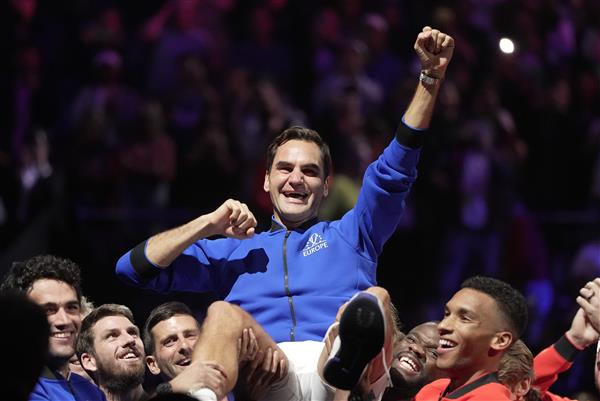
Roger Federer finally quit the sport, and tennis cried — literally. At the Laver Cup, the sight of Federer and Nadal hand in hand and in tears, touched a chord with fans across the world
For Messi, this was perhaps the most decisive game of his career. This is not to belittle his achievements for club teams, but nothing electrifies football’s global fandom than the World Cup, and nothing quite matches the title ‘world champion’, even if top club competitions may have greater concentration of pure talent in teams.
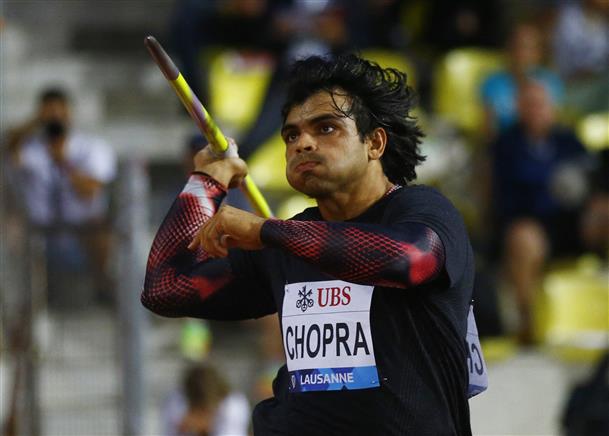
The greatest players rise to the occasion — Messi did that in the final against France, as did France’s Kylian Mbappe. At the end of the game, Messi was the one who had the trophy, the import of which is bigger than that of the trophies he had won earlier — this trophy is a seal of greatness. Now there is a legitimate reason to place him alongside Pele and Maradona, though many — such as Pep Guardiola, his former manager — believe that Messi would be the ‘greatest’ even without a World Cup.
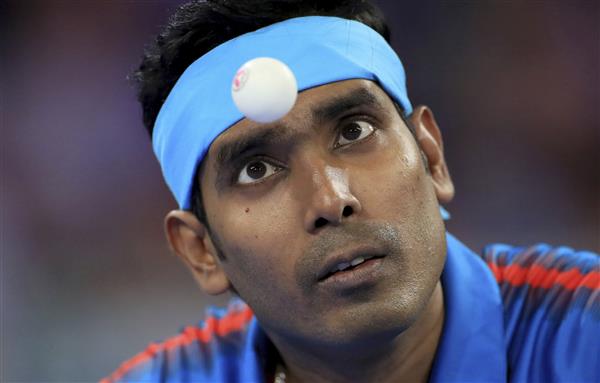
This was called the greatest World Cup final by many. Maybe it was, maybe it wasn’t. Deluged by a bewildering succession of sights and sounds, images and numbers, each competing for our attention, we’re constantly under pressure to celebrate each one as ‘awesome’, ‘unbelievable’, ‘greatest’. But this game did deserve to be called a great game, mainly because the lead actors were not paralysed by stage fright — they rose to the occasion.
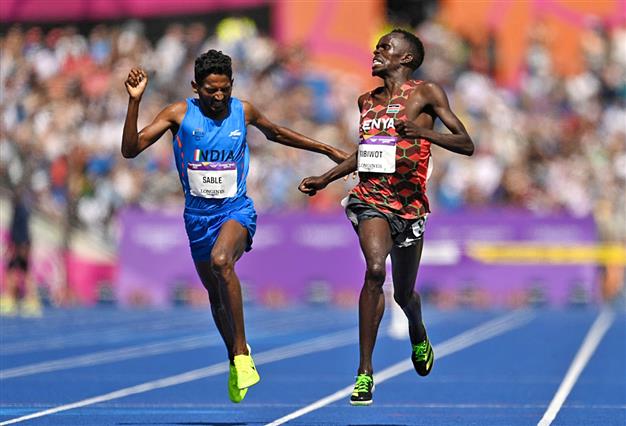
Guardiola is biased, like we all are, and that is OK. Aesthetics — Messi’s deft touches, Roger Federer’s forehand, Virat Kohli’s cover drive — does not count for much in sport, the one indisputable metric to gauge greatness in sport is statistics. Messi has the numbers to be called an all-time great — but the Greatest of All Time, or GOAT? This is a very contentious point — there is one player who has won the World Cup thrice (Pele), and 20 who have won it twice. Messi has won it once. There are several others who were called the ‘greatest’ in their time but won no World Cup title — remember Zico or Platini from the 1980s? Or Puskas or Eusebio from even earlier? What about the Brazilian Ronaldo, winner in 1994 and 2002, finalist in 1998? Mbappe has won the World Cup once and lost the final once, scoring four goals in the two finals he’s played in — and he’s only 24. That’s one flinty-minded lad, a sure all-time great. As for Messi, he’s the greatest — at least of this century so far. Beyond the numbers and trophies, there’s something about the way he plays the game and conducts himself that is beautiful.
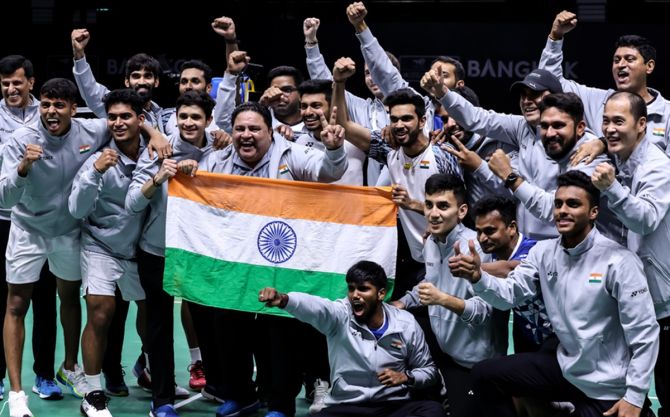
Messi becoming a world champion, in his fifth attempt, is story worth waiting for right to the end of the year, worth waiting for for 36 years if you’re an Argentina fan.
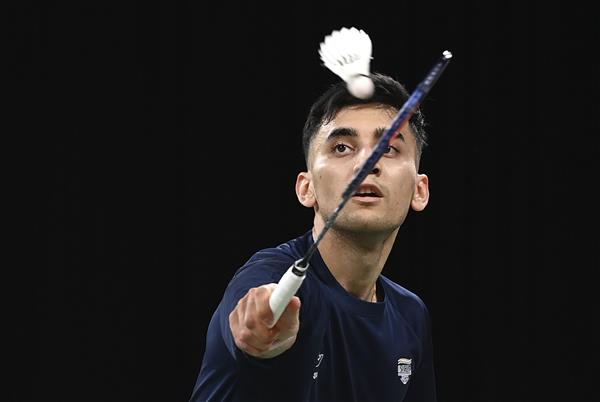
Beautiful goodbye
Federer finally quit the sport he graced and elevated, and tennis cried — literally. At the Laver Cup, the sight of Federer and his great rival and friend Rafael Nadal, hand in hand and in tears, touched a chord with fans across the world. The purity of the moment signified everything that’s wonderful about sport and the greatest sportspersons. Nadal has a record 22 Grand Slam titles, Novak Djokovic has 21 and Federer has 20; one can’t help wondering if each one of them has some sort of dislike for the other two — if there had been only one of them in this era, he would surely have got to the mark of 30. But they complete each other, they’ve made each other better. The record before they arrived was 14, held by Pete Sampras, but within a decade of his retirement, the American was no more the greatest of even his own era!
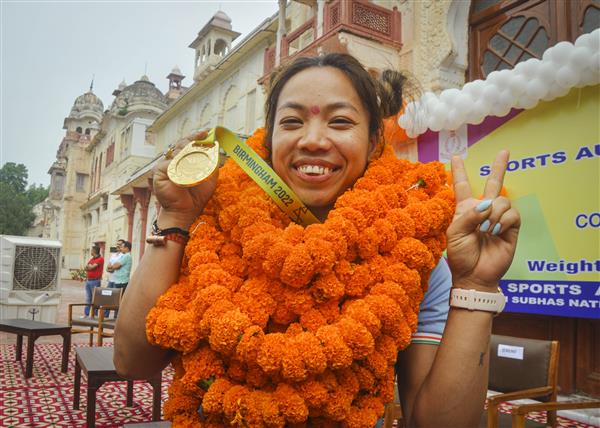
Federer has gone, Nadal and Djokovic won’t be around for very long and rather than argue over the GOAT, it makes sense to simply savour whatever feats of body and mind they still can offer.
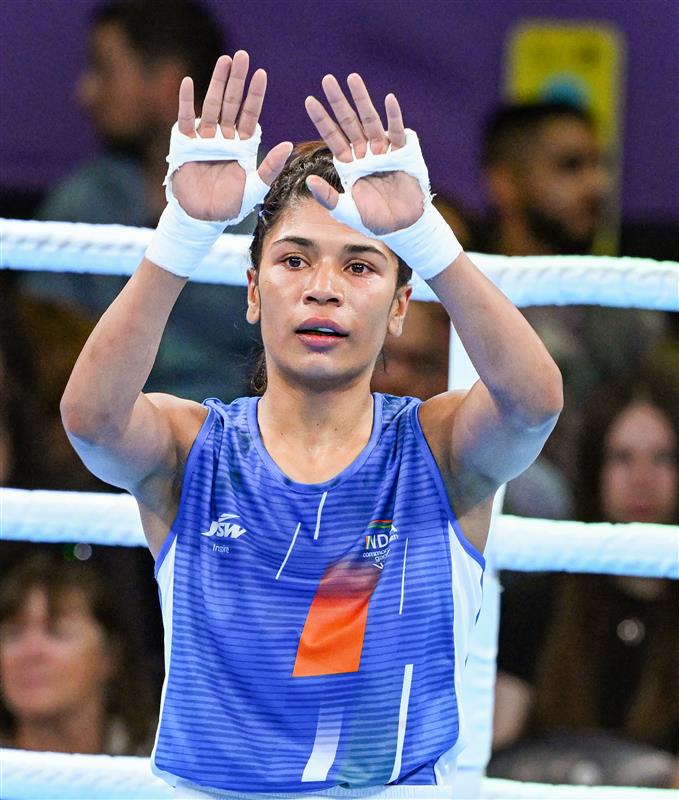
Indian year
On the home front, India had a decent year in sport. What was the abiding memory? Cricket’s majoritarianism may force people into believing it was Virat Kohli striking Pakistan’s Haris Rauf for those sixers in their T20 World Cup match, but a better option would be Avinash Sable’s thrilling kick in the men’s 3000m steeplechase final at the Commonwealth Games in Birmingham. Runners from Kenyan had monopolised the podium at the CWG since 1998, but Sable produced a fantastic finish to end just 0.05 of a second shy of Abraham Kibiwot of Kenya.
Also memorable in Birmingham were the 1-2 by Eldhose Paul and Abdulla Aboobacker in triple jump, silver by Murali Sreeshankar in long jump and bronze by Tejaswin Shankar high jump.
The Indian badminton team won the Thomas Cup for the first time, a truly historic and possibly game-changing feat. The win over 14-time champions Indonesia in the final showed that men’s badminton in India has great depth and a large talent pool, which portends well for the future.
Javelin thrower Neeraj Chopra, the first Indian to win an athletics gold medal in the Olympic Games, became the first Indian to win the elite Diamond Trophy. After the Olympics gold in Tokyo last year, showed that the Olympics gold — a career-defining feat — hasn’t dimmed his ambition.
Nikhat Zareen, Mirabai Chanu, Sharath Kamal Achanta, Bajrang Punia, Vinesh Phogat and Lakshya Sen — and a few cricketers as well! — contributed in making good memories for fans of Indian sport. Hope for more of the same in 2023!
For all the latest Sports News Click Here
